Maize Flour Milling Machine price in Kenya
PINGLE is a manufacturer specialising in the production of a wide range of wheat/maize milling machines with more than two decades of experience, supplying to Kenya and other regions
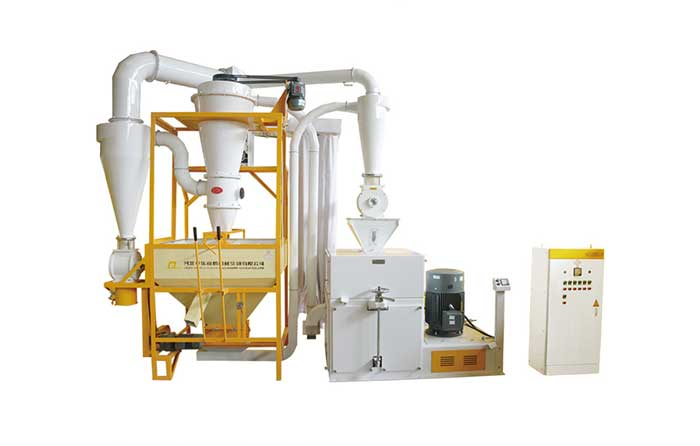
Offers a wide range of maize milling machine with various production capacities, including small maize milling machine
The screening capacity of the maize milling machine is very good
The quality of maize flour produced by the equipment is also very good
Customised capacity of maize flour milling machines
Can produce common maize flour and standard maize flour
Small investment, quick effect, convenient operation and maintenance
High degree of automation, continuously completing the whole process of feeding, crushing, lifting and sieving.
Provide maize milling turnkey project, including special design, installation instructions, commissioning and worker training.
Maize is the most widely grown crop in sub-Saharan Africa and is a staple food for about 50% of the population. As such, it is essential to ensuring food security on the continent. In Kenya, maize is eaten more often than bread or rice and is the basis of many traditional dishes. But due to rising disposable incomes, many middle-class consumers are increasingly replacing maize with rice – as maize is considered a staple food for low-income earners.
Average annual production: 3.6 million tonnes – 82% of Kenya’s annual cereal production
Imports: 2.64 million tonnes
Exports: None. Due to the 2017 drought, an additional 419,548 tonnes were imported from Uganda this year
Kenya recently lifted its ban on genetically modified products in response to the current drought and food security concerns White maize meal consumption: 62 kg per person per year (approximately 5 kg per person per month)
Since in Kenya, maize can be produced in large quantities in a shorter time, this means that any business such as a maize flour milling plant can be a huge success if it is started with practical planning. Another reason to set up a maize flour machine in Kenya is that it is used in making the local dish of Kenya called “Ugali”. 78% of the people in Kenya consume maize, which shows that maize flour is in high demand there. A person in Kenya consumes 5 kg of maize per month. A study has shown that its consumption will further increase by 3% to 6% in the coming years. The above points clearly show that starting a maize flour milling plant in Kenya has huge potential for success.
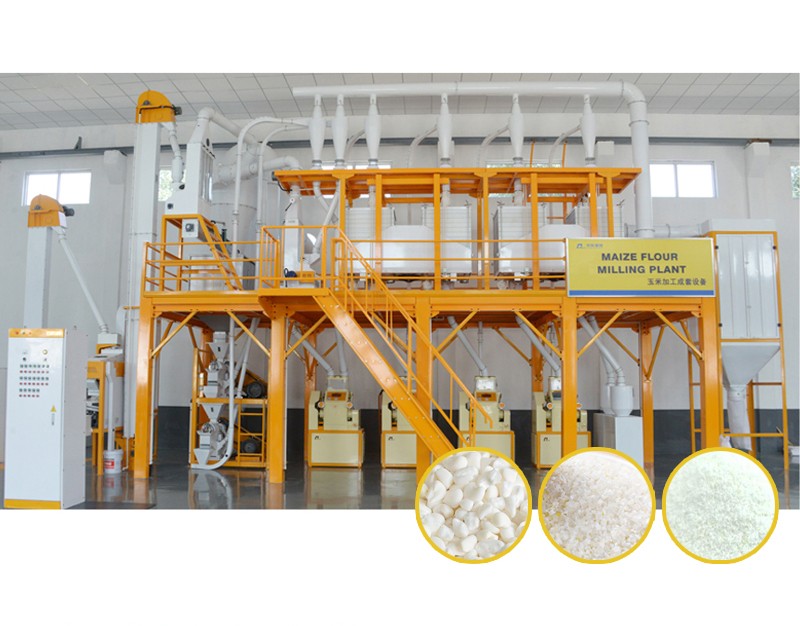
Maize Milling Machine Price Kenya
Kenya is one of the favorite investment destinations for flour milling investors. Kenya's rich agriculture provides a reliable source of raw materials for the agriculture-based flour milling industry. In addition, Kenya also has the advantage of a geographical gateway, which can naturally radiate the markets of most landlocked countries in East and Central Africa, such as Uganda, South Sudan, Rwanda, Burundi, northern Tanzania and eastern Democratic Republic of Congo. Therefore, starting a maize flour milling business in Kenya must be a profitable project.
Most of the major millers in Kenya are located in the central and southwestern regions of the country, but milling activities in Mombasa are also quite active.
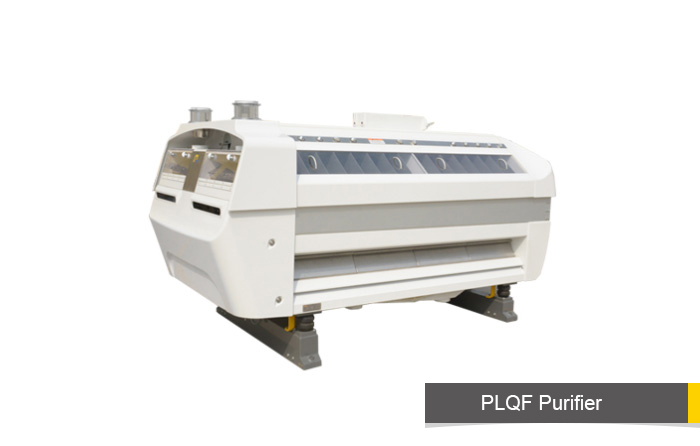 | 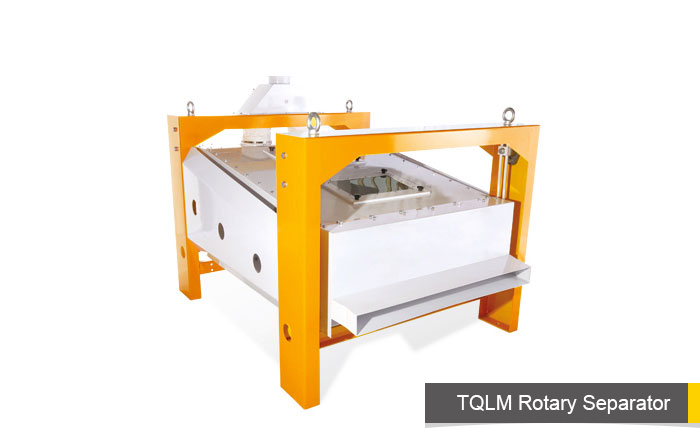 | 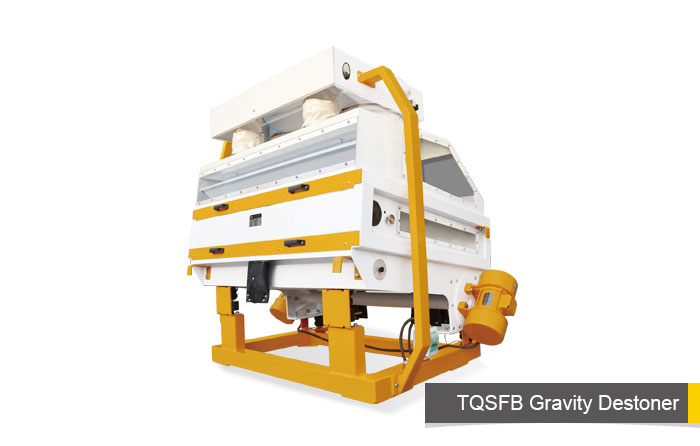 | 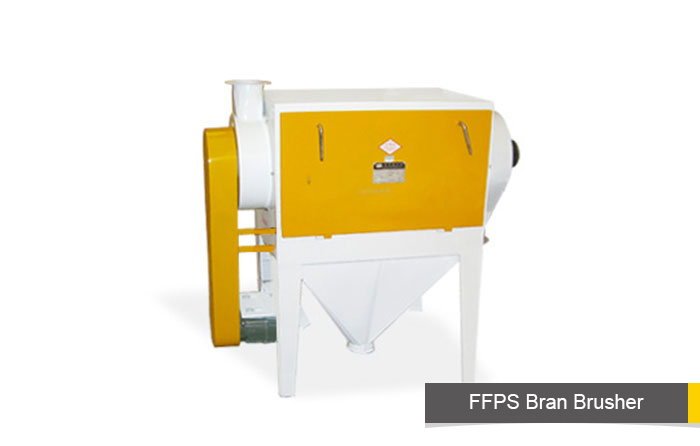 | 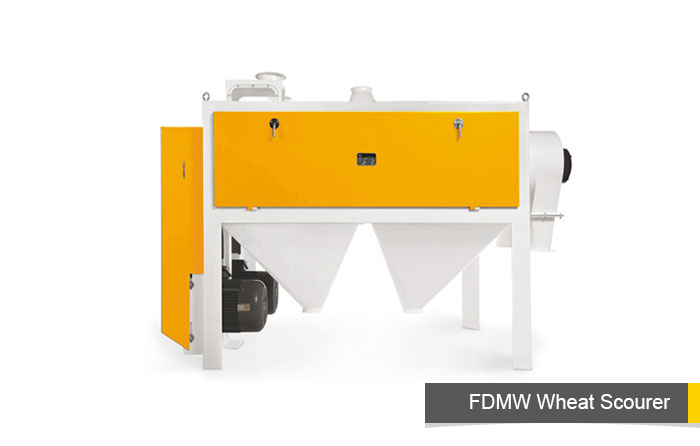 |
| DRUM SIEVE | VIBRO SEPARATOR | DE-STONER | HULLS REMOVER | GERM REMOVER |
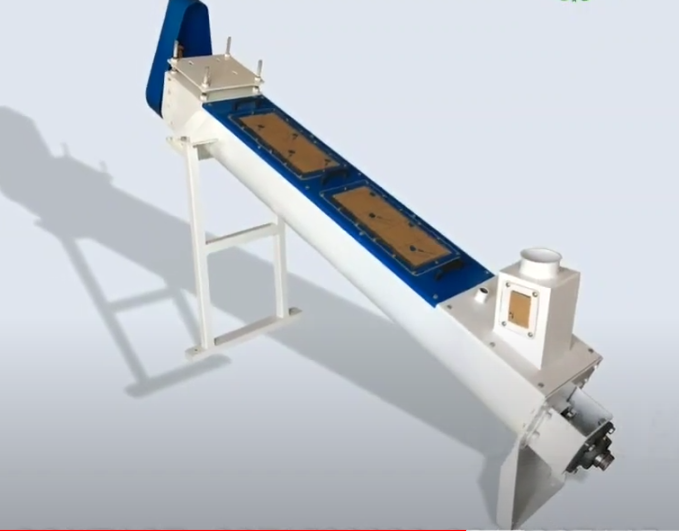 | 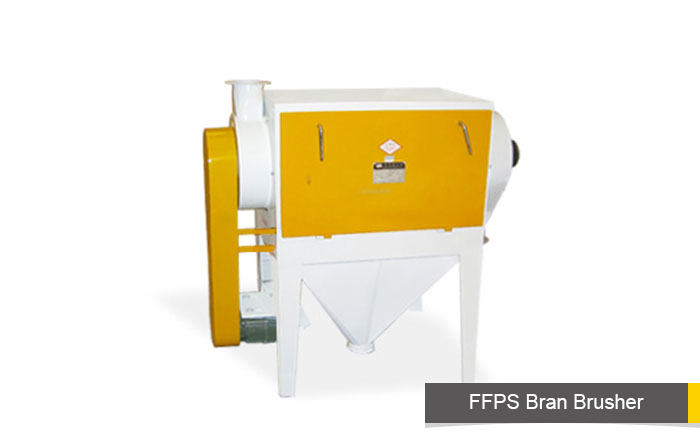 | 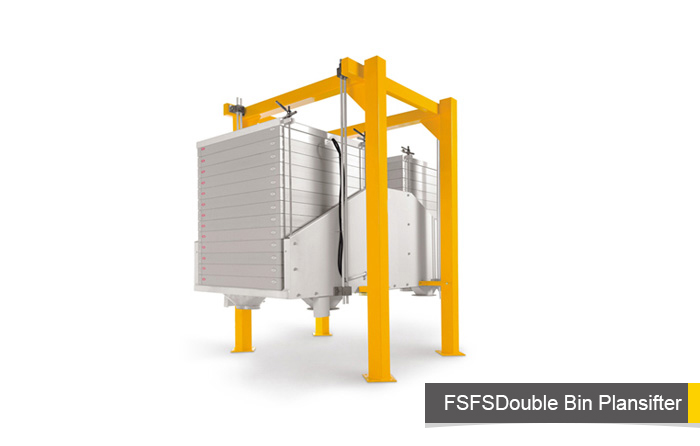 | 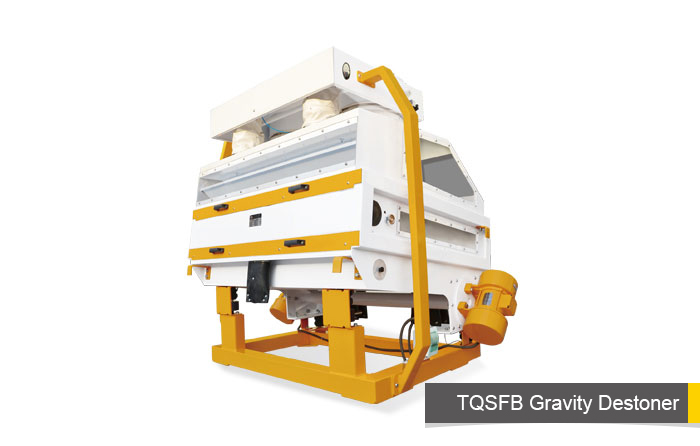 | 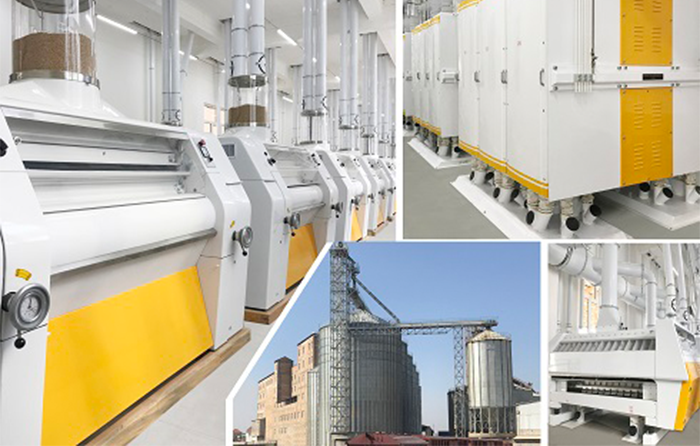 |
| DAMENING UNIT | DE-GERMINATOR | DRESSING SIFTER | GRAVITY TABLE | maize mill plant |
| Model | Power (kw) | Power consumptionper ton flour(kw/h) | Capacity(ton wheat of 24hrs) | Dimension(LxWxHm) |
| 60TPD Steel Structure Flour Milling Machine | 60 | 40x10x12 | ||
| 100TPD Steel Structure Flour Milling Machine | 340 | 70-75 | 100 | 35x10x12.5 |
| 120TPD Steel Structure Flour Milling Machine | 420 | 70-75 | 120 | 43x10x12.5 |
| 140TPD Steel Structure Flour Milling Machine | 530 | 68-73 | 140 | 47x10x12.5 |
| 160TPD Steel Structure Flour Milling Machine | 597 | 68-73 | 160 | 49x10x12.5 |
| 200TPD Steel Structure Flour Milling Machine | 704 | 65-72 | 200 | 54x12x13.5 |
| 220TPD Steel Structure Flour Milling Machine | 820 | 65-72 | 220 | 57x12x13.5 |
| 120TPD Multi Storey Flour Milling Machine | 470 | 70-74 | 120 | 40x7.5x19 |
| 140TPD Multi Storey Flour Milling Machine | 560 | 68-72 | 140 | 41x7.5x19 |
| 160TPD Multi Storey Flour Milling Machine | 650 | 68-72 | 160 | 47x7.5x19 |
| 200TPD Multi Storey Flour Milling Machine | 740 | 65-71 | 200 | 49x7.5x19 |
| 250TPD Multi Storey Flour Milling Machine | 960 | 65-71 | 250 | 52x12x29 |
| 300TPD Multi Storey Flour Milling Machine | 1170 | 65-71 | 300 | 62x12x29 |
| 400TPD Multi Storey Flour Milling Machine | 1675 | 65-70 | 400 | 72x12x29 |
| 500TPD Multi Storey Flour Milling Machine | 1950 | 65-70 | 500 | 87x12x30 |
The biggest difference between a 10t/d small maize milling machine and a 500t/d large maize milling machine is the processing speed. The 10t/d small maize milling machine has low power and low speed.
For example, the wheat peeling process is basically the same as that of a large maize milling machine, which is determined by the peeling mechanical system. Because the working conditions of the peeling system are stable, the maize milling machine is turned on after it runs smoothly to prevent peeling from not proceeding smoothly. If the equipment runs unstably and the feed door is opened, the peeling machine will be damaged.
Large maize milling machines have strong processing capabilities for wheat, because large maize milling machines are large in size, have large production capacity, and are more comprehensive in functions. The entire processing process is an assembly line operation, and no labor is required in the middle. This is why we can only see the results of large maize milling machines for wheat warehousing and final bagging.
Although the small maize milling machine has low power and large processing capacity, and there is a gap with large flour milling equipment, it also has its own unique advantages. For example, the 10t/d small flour mill is smaller in size than the large flour milling equipment, and has flexible processing and better processing functions. At the same time, the small maize milling machine also takes into account the processing efficiency of the product. Generally speaking, the flour output per unit time of a 10-ton small maize milling machine per day is not much less than that of a large flour mill.
With the deepening of mechanization, small maize milling machines have gradually replaced stone mills, so small maize milling machines are also mainly suitable for home workshops and other occasions. In these cases, the processing volume of corn flour is not large, and the processing operation is simple, which can meet the flour needs of the family. When the demand for corn flour is relatively large, the small maize milling machine is no longer suitable.
We have products that are best suited for small businesses as well as products that are suitable for large mills.
1. Affordability
Cost-Effective Solutions: Our small-scale maize milling machines are designed to be budget-friendly, ensuring that even those with limited capital can afford high-quality equipment.
Low Operational Costs: With energy-efficient designs, our machines reduce electricity and maintenance costs, maximizing your profit margins.
2. Ease of Use
User-Friendly Design: Our machines come with simple, intuitive interfaces that require minimal training, allowing you to get started quickly and efficiently.
Minimal Supervision Required: The robust and reliable automation features mean that the machines can operate with little oversight, freeing up your time for other important tasks.
3. Scalability
Room for Growth: Start small and scale up as your business grows. Our modular designs make it easy to add more units or upgrade to larger systems as your production needs increase.
Flexible Production Levels: Adjust the milling capacity according to demand, ensuring that you can meet your customers' needs without overproducing.
4. High-Quality Output
Consistent Flour Quality: PINGLE’s small-scale maize milling machines ensure uniform grinding, producing high-quality maize flour that meets market standards.
Variety of Products: Capable of producing various grades of flour, our machines enable you to cater to different customer preferences, enhancing your marketability.
5. Local Support and Service
Accessible After-Sales Support: We offer reliable after-sales service, ensuring that any technical issues are promptly addressed to keep your operations running smoothly.
Training and Maintenance: PINGLE provides comprehensive training and maintenance services to help you get the best performance from your equipment.
6. Enhanced Market Competitiveness
Boosted Productivity: With efficient milling processes, you can produce more flour in less time, increasing your output and potential revenues.
Improved Product Offering: By providing high-quality maize flour, you can attract more customers and build a loyal customer base, setting you apart from competitors.
7. Empowerment and Independence
Self-Reliance: Owning your milling equipment means you are less dependent on external suppliers, giving you control over your production schedule and product quality.
Economic Empowerment: By adding value to your maize crops, you can increase your income, support your family, and contribute to the local economy.
1. Superior Flour Quality
High Purity Flour: Our advanced sifting technology ensures that the flour is free from bran and other impurities, resulting in high-quality, sifted maize flour.
Consistent Texture: The precise milling process guarantees a uniform texture, enhancing the overall quality of the flour.
2. Cost-Effective Production
Energy Efficiency: Our machines are designed to be energy-efficient, reducing electricity costs and maximizing profitability.
Reduced Waste: With optimal milling and sifting processes, our machines minimize waste, ensuring that you get the maximum yield from your maize.
3. Enhanced Productivity
High Throughput: Capable of processing large quantities of maize quickly, our machines enhance productivity, enabling you to meet high demand efficiently.
Continuous Operation: Designed for continuous operation, our machines ensure uninterrupted production, boosting your overall output.
4. Competitive Edge
Market Demand: By producing sifted maize flour, you can meet the growing demand for high-quality flour in Kenya, giving you an edge over competitors.
Brand Reputation: Utilizing PINGLE’s advanced milling technology enhances your reputation for quality and reliability, attracting more customers to your business.
5. Comprehensive Support
After-Sales Service: PINGLE provides exceptional after-sales service, including technical support and maintenance, ensuring your machines operate at peak performance.
Training Programs: We offer comprehensive training programs to help you and your team operate the machines efficiently and safely.
Ideal for specific needs and budget constraints.
1. Increased Efficiency and Productivity
High Throughput: Electric maize milling machines can process a significantly larger amount of maize in a shorter time compared to manual methods, boosting your productivity.
Consistent Performance: These machines provide consistent grinding quality, reducing the variability that often comes with manual labor.
2. Time-Saving
Faster Processing: Electric machines mill maize much faster, freeing up your time to focus on other critical aspects of your business.
Continuous Operation: Unlike manual methods that require frequent breaks, electric machines can run continuously, ensuring uninterrupted production.
3. Labor Savings
Reduced Physical Effort: Electric machines eliminate the need for strenuous manual labor, making the milling process less physically demanding.
Lower Labor Costs: With automation, you need fewer workers to operate the machines, reducing labor costs and increasing profitability.
4. Precision and Quality
Uniform Grinding: Electric machines ensure a consistent and uniform grind, resulting in higher-quality maize flour.
Advanced Controls: These machines come with precise control settings, allowing you to adjust the milling process to achieve the desired fineness and quality.
5. Enhanced Safety
Safer Operation: Electric machines are designed with safety features that prevent accidents and injuries, making them safer to use compared to manual methods.
Less Manual Handling: Reduced manual handling of maize decreases the risk of contamination and improves the overall hygiene of the milling process.
6. Long-Term Cost Savings
Energy Efficiency: Modern electric maize milling machines are designed to be energy-efficient, reducing electricity costs over time.
Durability: Built with high-quality materials, these machines have a longer lifespan, providing better returns on your investment.
1. Superior Flour Quality
High Purity Flour: Our advanced sifting technology ensures that the flour is free from bran and other impurities, resulting in high-quality, sifted maize flour.
Consistent Texture: The precise milling process guarantees a uniform texture, enhancing the overall quality of the flour.
2. Cost-Effective Production
Energy Efficiency: Our machines are designed to be energy-efficient, reducing electricity costs and maximizing profitability.
Reduced Waste: With optimal milling and sifting processes, our machines minimize waste, ensuring that you get the maximum yield from your maize.
3. Enhanced Productivity
High Throughput: Capable of processing large quantities of maize quickly, our machines enhance productivity, enabling you to meet high demand efficiently.
Continuous Operation: Designed for continuous operation, our machines ensure uninterrupted production, boosting your overall output.
4. Competitive Edge
Market Demand: By producing sifted maize flour, you can meet the growing demand for high-quality flour in Kenya, giving you an edge over competitors.
Brand Reputation: Utilizing PINGLE’s advanced milling technology enhances your reputation for quality and reliability, attracting more customers to your business.
5. Comprehensive Support
After-Sales Service: PINGLE provides exceptional after-sales service, including technical support and maintenance, ensuring your machines operate at peak performance.
Training Programs: We offer comprehensive training programs to help you and your team operate the machines efficiently and safely.
Factors that influence costs.
Here are some of the major expenses you may want to consider when calculating the startup costs of a corn milling business in Kenya:
1. Land and Buildings: You will need to purchase or lease a piece of land in a suitable location, construct or renovate a building, and install utilities such as water and electricity. The cost of land and buildings depends on the location and scale of your business.
2. Machinery and Equipment: The main equipment for corn milling includes shellers, degerminators, drum mills or hammer mills, sieves, and packaging machines. The cost of these machines depends on their capacity, quality, and source. You may consider importing from countries such as China or India to reduce costs.
3. Raw Materials: The main raw material for corn milling is corn kernels. You will need to purchase the grains in bulk from farmers or traders. The cost of corn depends on the season, location, and quality.
4. Labour: You will need to hire skilled and unskilled labourers to operate the mill, store the grains, and package the product. Labour costs depend on the region and skill level.
5. Registration and Licenses: You will need to register your business with the relevant government agencies, obtain a business license, and obtain the required licenses and permits to operate in the food industry. These costs depend on the size and type of your business.
6. Other expenses: Other expenses you may need to consider include shipping, insurance, marketing, and emergency funds.
According to general estimates, the cost of starting a maize flour mill in Kenya can range from Ksh 500,000 to Ksh 5 million or more, depending on the size of the operation and the location of the mill.
Best Prices for Maize Flour Mills in KenyaEnsuring the best value for money.
Factors that influence the cost and price of maize flour mills
Power supply: Electric or diesel versions to suit your power needs.
Milling process: The milling process also affects the types of grains you can process. Some mills are able to grind a wide range of grains into flour with ease, while others are limited due to their operating principles.
So, when choosing a flour mill, you need to consider the types of grains you frequently use and the fineness of your flour. For example, an impact mill will produce a finer flour than a mill that grinds flour
Energy efficiency: High-efficiency mills cost more, but they will save you more over the years. When energy efficiency is high, your electricity bills will be low, and therefore your monthly profits will be higher.
Quality: The parts of the mill (such as the motor, etc.) should be well-made and durable.
Want to invest in a corn grinder for your small business? Well, you might be thinking about corn mill prices in Kenya. However, prices also vary between different brands and even between different models of the same brand.
Commercial corn processing machine for sale in Kenya at ex-factory priceIf you want to start a small-scale investment business first, you can choose a low-cost small corn flour production line. The screening ability of small corn flour processing machinery is very good, and the quality of corn flour processed is also good. This machine can process more than 10 tons of corn per day. This processing capacity is sufficient to meet the needs of small corn flour mills. If you want to produce corn in large quantities, you can buy more production lines. Combining such a series of corn flour processing production lines can reduce economic losses caused by failures.
If you are serious about your corn processing business, it stands to reason that you would want to invest in a high-quality machine that will serve you well. Although corn mill prices for this type of machine in Kenya are higher than lower quality machines, you expect better performance and more profits for your business, which justifies the higher price.
Corn flour mill also has different functions and features. Some are capable of producing first-grade sifted cornmeal that is the same quality as store-bought cornmeal. Corn flour mills in Kenya that are capable of producing first grade corn are more expensive than those that only produce second-grade flour.
Buying a corn mill is not something you do every day. Therefore, you need a trustworthy supplier to guide you on which products are the best and why they are best for you. As the leading PINGLE mill supplier in Kenya, we know the best PINGLE mill brands in Kenya.
We help small and large businesses get the best products that best suit their business needs. We'll help make our high-quality corn mills the perfect fit for your needs to ensure your business runs as smoothly as expected.
Don't wait any longer and come and enjoy the best prices on Corn Flour Mills in Kenya with products from the best manufacturers around the world. Please contact us today to learn more about our products.
Consider the location of the corn milling plant
First of all, when you are going to do this, you should first consider how to choose the right place for the corn grinder. The location of the factory must meet two conditions at the same time: one is close to the raw grain purchasing land; the second is close to the corn flour sales market. This will save you shipping costs and make it easier to sell cornmeal.
Consider your business strategy
Second, you also need to consider your business strategy. If you buy from a farmer, you sell the cornmeal on the market. This requires not only a network of corn growers and flour buyers, but also well-designed warehouses large enough to store corn and flour. Therefore, buying a corn flour production line to process the flour yourself is the best choice for you to save time and energy.
Consider raw material supply channels
Third, in the case of corn grinding mills, a stable supply of corn must be considered. If you want to run year round, consider having a good relationship with a farmer or corn supplier and you will get good corn prices.
Consider the situation of power
Finally, you should also consider that this corn grinder requires power. The entire line of corn grits requires an extremely reliable power supply. A power outage, even for a short period of time, can cause serious equipment damage. The operational situation of the corn grinder must be taken seriously.
Durability and efficiency of PINGLE's maize milling machines.
Technological advancements and innovations.
After-sales support and service
PINGLE Partnership with Kenya leading millers
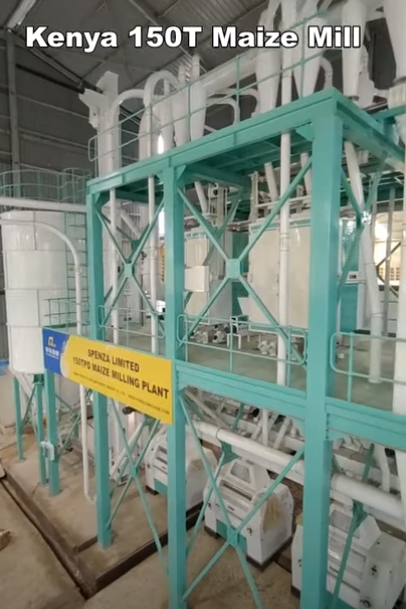
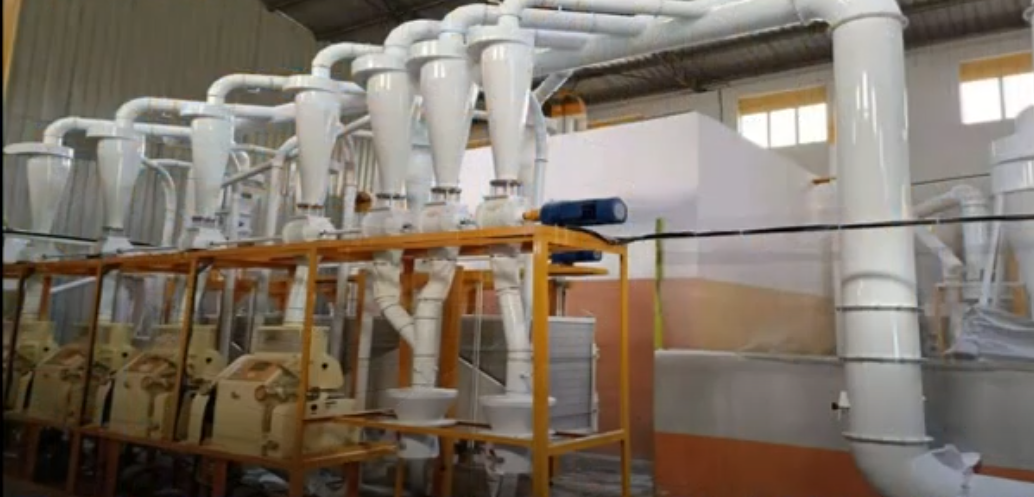
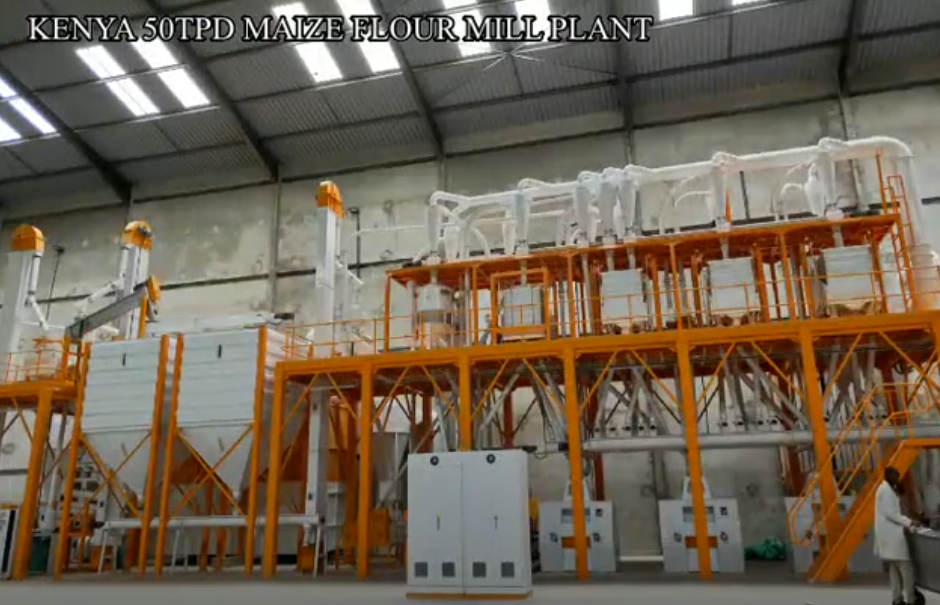
KENYA 50TPD MAIZE FLOUR MILL PLANT
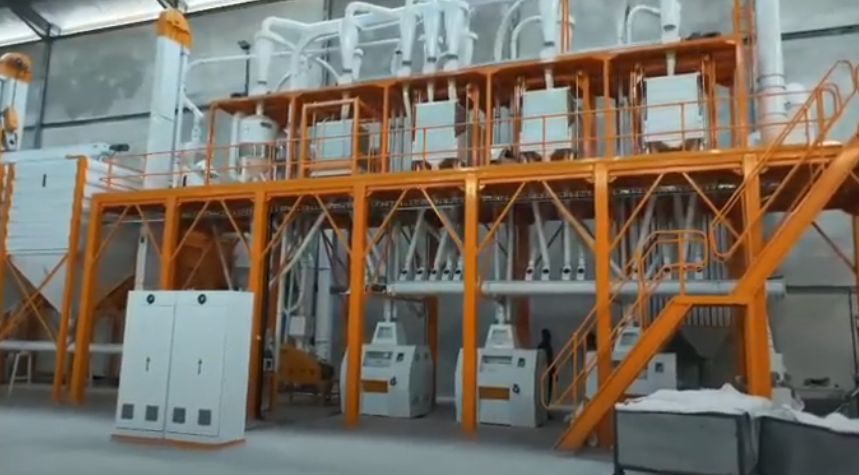
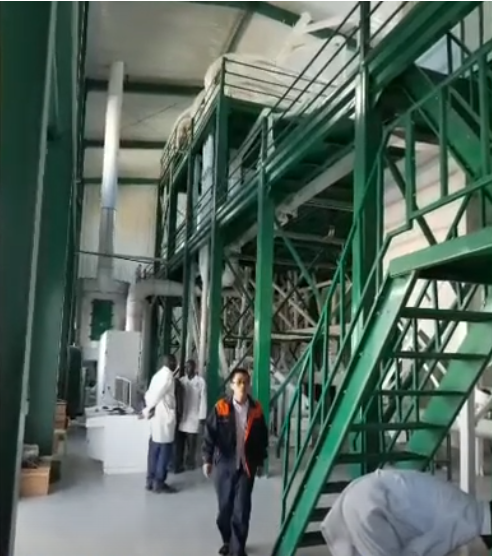
Copyright © Hebei Pingle Grain Technology Intelligent Equipment Co.ltd. All Rights Reserved | Sitemap | Technical Support: 